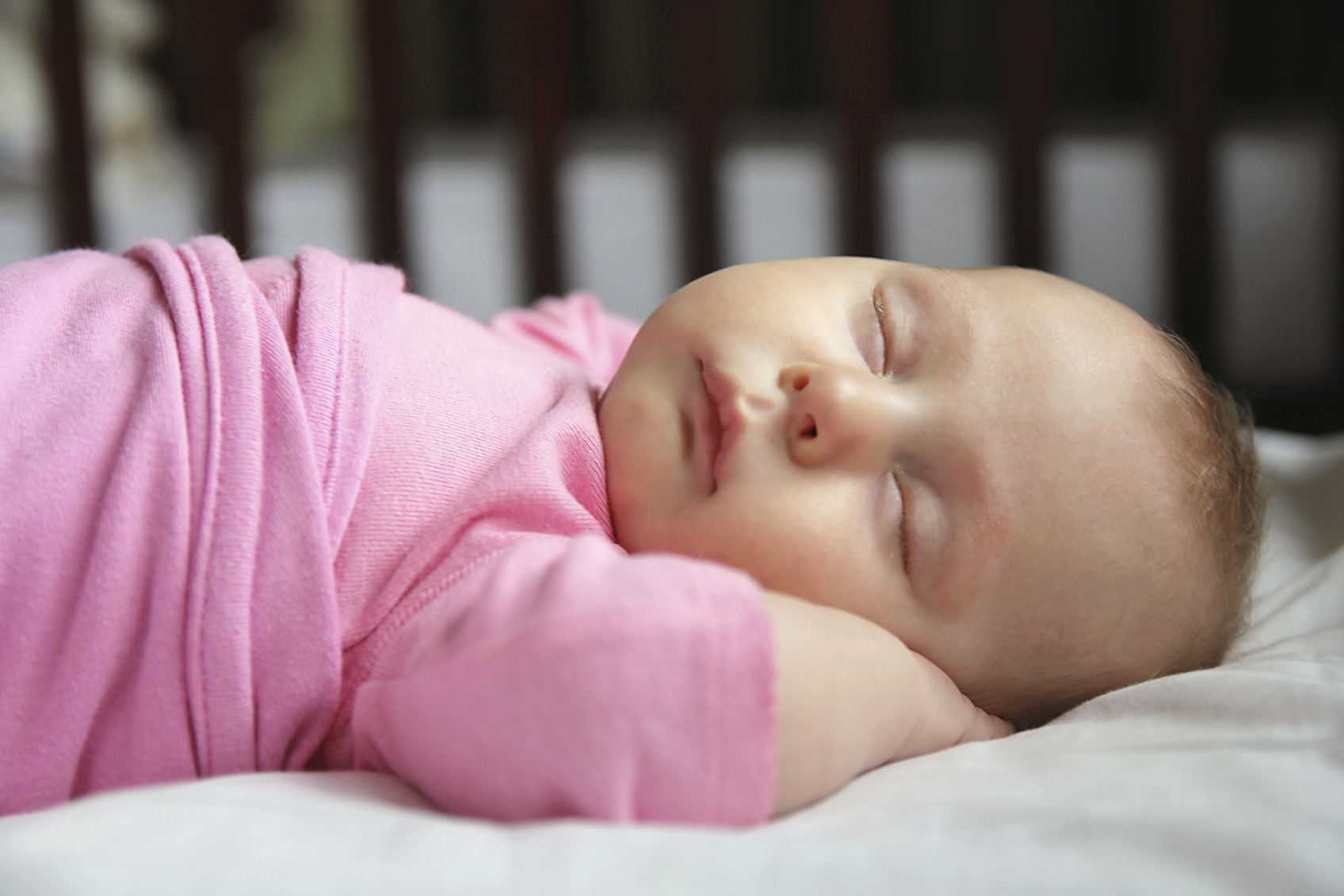A Kiwi-led study looking at whether sugar gels can prevent brain damage in infants has received a huge funding boost from the US.
The National Institutes of Health, the US government agency responsible for biomedical and public health research in the US, awarded $2.8 million to the study, led by the University of Auckland’s Liggins Institute.
Lead researcher, Distinguished Professor Jane Harding, said it was rare for a non-US collaboration to receive this sort of funding, but said it demonstrated how important the research was.
Harding’s Sugar Babies Study, published in The Lancet in 2013, has already showed sugar gels worked as a treatment for neonatal hypoglycaemia – low blood sugar, which affects about one in six newborns.
Now, she wants to work out whether sugar gels rubbed into the cheeks of babies an hour after birth can prevent the onset of the condition.
“If we could do that, we might reduce the number of blood tests they need, reduce the amount of angst that families experience, and potentially even prevent brain damage,” Harding told the NZ Herald.
In serious cases it can mean hospitalisation in NICU and, untreated, can lead to developmental delays.
The institute is running a trial – the hPOD trial – which is about halfway towards its target of 2129 newborns. It’s being run at eight hospitals in New Zealand and five in Australia.
Pregnant women interested in finding out more can visit the hPOD study page, or email hPOD@auckland.ac.nz.
NZ Herald: Ground-breaking New Zealand baby study gets US cash boost
Stuff: Sugar gel could be secret to sweet life for newborns
